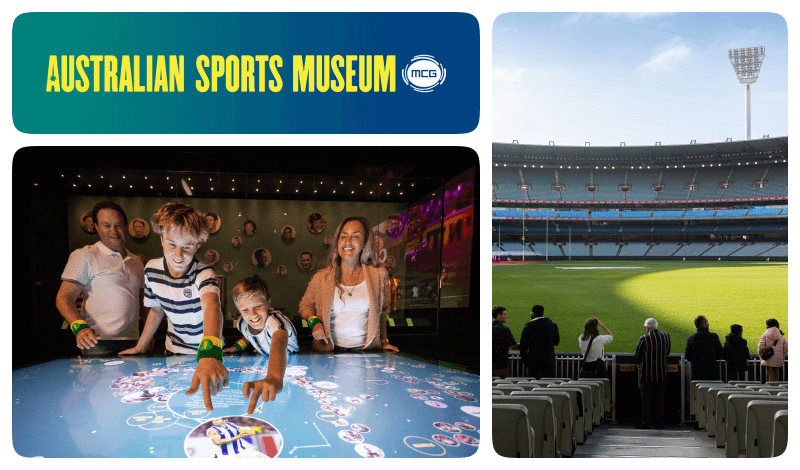A typical service recovery process goes like this:
- Guest has a bad experience.
- Guest is upset.
- Guest complains.
- You give them something in return.
- Guest leaves.
Remind you of something?

Too often, complaint resolution is treated like a transaction, not like a potential for a strong relationship. Usually done with good intentions, guest complaints are swiftly resolved so the employee or manager go back to doing their “regular” job of business operations. On the other hand, the best service providers know that service recovery is part of business operations, and should be embraced in order to make your business stronger.
When speaking on how to best resolve service failures, I walk my participants through the LAST model, which is a proven process to resolve a wide variety of service failures. It follows a simple flow of Listen, Apologize, Solve, and Thank, while always demonstrating appreciation for the guest throughout the entire conversation. In fact, I present the Thank step after Listen and again at the end, truly making this a five-step process (although LTAST doesn’t have the same ring to it).
Each step gets equal attention, but I know that everyone is waiting for the Solve step. That’s supposedly when we answer the question of how do I fix this? I then provide my guidelines for creating an effective resolution strategy, and almost always an employee will raise their hand and say, “When a guest complains about _______, we do _______. It sounds like we’re doing everything you’re telling us to do.”
“And are they satisfied?”
“I guess, but I feel like they still walk away with a bad feeling.”
At that point, I turn back to the previous steps. How well are you listening, thanking, and apologizing to your guests before solving their issue? The actual solving doesn’t happen until step 4 of a 5 step process! If you get a guest complaint and immediately jump to the resolution, no matter how simple of an issue it might be, you are treating service recovery like it’s a vending machine. The guest comes up, puts in their complaint, and out comes the resolution. Super efficient, moderately effective, barely memorable.
Instead, take the time and go through the entire process. For small issues it doesn’t take long, and for larger issues it shows that you are committed to their experience, not just trying to get a quick win and move on to the next. Demonstrate your hospitality standard by starting from the beginning and turn a poor experience into a remarkable one.
Remember: when you do it right, the recovery is more memorable than the complaint.
If you’ve implemented LAST in your operations, let us know how it’s working for your organization!



